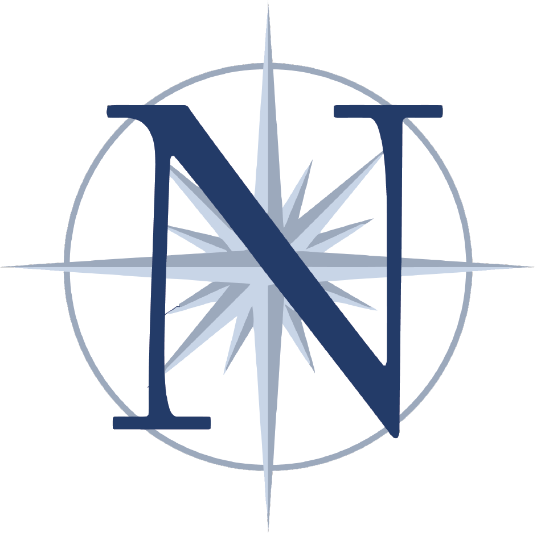Dr. Rick Bedlack, a neurologist known for his innovative approach and signature bold style, has become a beacon of hope for those living with ALS. Beyond his colorful suits and infectious optimism, Rick has made profound contributions to the ALS community. Notably, he co-founded the ALS Clinical Research Learning Institute® (CRLI) along with Dr. Merit Cudkowicz, a program dedicated to educating and empowering individuals with ALS, caregivers, and advocates in the clinical research process. The CRLI fosters collaboration by providing participants with the knowledge and tools to actively engage in ALS research, advocate for better access, and bridge the gap between patients, researchers, and clinicians.
Since its inception, the CRLI has held 33 classes and graduated over 800 Research Ambassadors, who have gone on to drive policy changes, raise significant funds, and influence ALS clinical trial design. The program continues to expand regionally, with partner organizations now hosting CRLI sessions using the framework NEALS developed. This growth has allowed the CRLI to reach more communities and further its mission of patient empowerment in ALS research.
Rick often highlights the profound impact of CRLI graduates, known as ALS Research Ambassadors®. These ambassadors are reshaping the landscape of ALS research, and Rick sees the CRLI as a key driver in this progress. As he explains, “CRLI graduates, known as Research Ambassadors, have changed laws, raised hundreds of millions of dollars, empowered researchers to design more feasible trials, boosted awareness and enrollment, facilitated regulators’ understanding of the benefit-risk ratio, and pressured payors to make more humane decisions on treatment coverages.”
A major milestone in Rick’s work is the $1 million CRLI endowment that ensures the program’s future. This funding solidifies the program’s long-term mission, allowing it to continue empowering and educating the ALS community for years to come.
The impact of the CRLI is deeply personal for many graduates. One recent participant reflects, “The CRLI training helped me deal with my diagnosis by diving into the world of ALS research. I learned firsthand of the passion and commitment of the ALS community. As a NEALS Research Ambassador, I am connected to a network of researchers who center patients and caregivers in their work. I have been able to serve on patient advisory boards to inform clinical trials and have contributed to creating a search engine to help people find trials that are right for them. This work has given me purpose and hope.”
NEALS Program Director Carly Allen, who worked closely with Rick for nearly a decade on the CRLI program, shares, “Rick's vision for the CRLI has cultivated a network of empowered ALS Research Ambassadors® who are driving real change. It's been a privilege to support this initiative.”
Rick’s influence extends beyond the CRLI, as showcased in the trailer for his documentary Stitching Strength, which highlights his dedication to patient advocacy and ALS research. Rick's contributions to NEALS also extend beyond the CRLI. As a former Investigator Representative on the NEALS Executive Committee, he now serves as the NEALS Education and Patient Engagement Chair and a Co-Chair of the Patient Education and Advocacy Committee (PEACe) ensuring patient voices remain central to NEALS initiatives. He also co-leads NEALS’ Expanded Access Program (EAP) Training, helping NEALS members navigate the complexities of EAPs to expand access to experimental therapies.
Rick has profoundly shaped NEALS programs, fostering collaboration between researchers, patients, and advocates. Through the CRLI and his work with NEALS, he is building a more informed and engaged ALS community, ensuring patient voices drive meaningful progress in research and care. |
